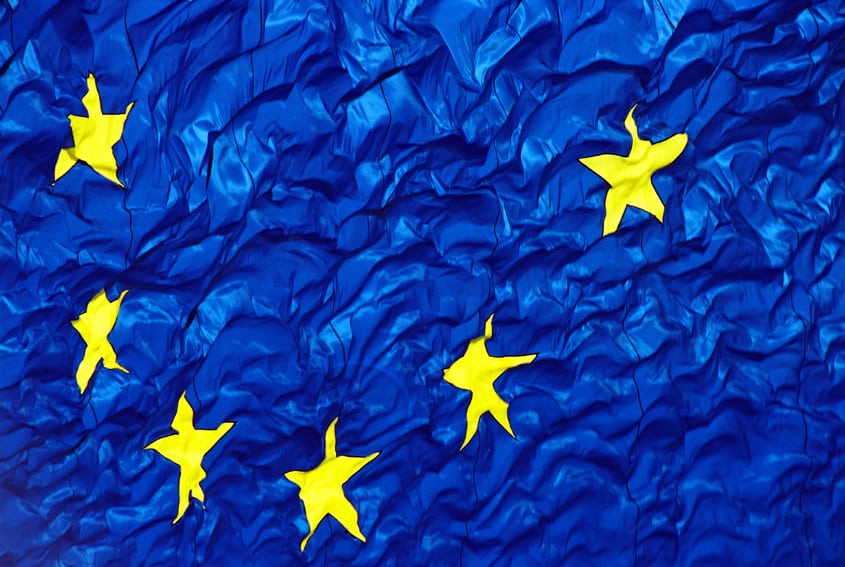
Commission launches new wave of anti-trust raids
pharmafile | December 15, 2009 | News story | Sales and Marketing | Europe, European Commission, Lundbeck, Teva, generics, kroes
The European Commission has launched a new series of raids on pharmaceutical companies as part of its crackdown on alleged anti-competitive behaviour.
The Commission’s investigators made surprise raids on the offices of a number of companies on 9 December, following on from three earlier swoops, including October 2009 and the first raids in January 2008.
The Competition Commission declined to name the companies, stating only that it suspected that parts of the EU treaty on restrictive business practices and/or the abuse of a dominant position may have been infringed.
But Lundbeck has confirmed that its Italian headquarters in Milan have been visited by EU investigators as a follow-up to an earlier raid made in 2005 relating to alleged misuse of a dominant position in the Italian market for anti-depression treatments.
Lundbeck also said that it had been ‘open and collaborating’ with the EU Commission during the whole process, and indicated that no charges had been made against it yet.
The world’s biggest generics companies Teva also confirmed its London offices were raided, following a similar raid on its Paris office in October.
Servier and generics probe
The first raids made in January 2008 focused on a larger number of companies including AstraZeneca, GSK, Sanofi-Aventis, Pfizer, Wyeth and Teva. This was then followed by a second seriers of raids in November 2008, were made on the offices of Teva, Servier and Krka, and then in October this year the French offices of Sanofi-Aventis, Novartis and Teva were next to be searched.
In July, the Commission promised to ‘intensify its scrutiny’ of competitive practices, and is taking action against Servier and several generic companies.
These companies – Krka, Lupin, Matrix Labs, Niche Generics and Teva are accused of agreeing deals with Servier to delay the launch of generic versions of its blood pressure treatment of Coversyl (perindopril). The raids follow the Commission report published in July, which found that tactical delays of seven months could cost patients and healthcare systems 20% more than necessary.
But the report from European Competition Commissioner Neelie Kroes also included some regulatory factors which she concluded hindered the sector’s competitiveness. Chief among these was the lack of a single EU patent.
Kroes remarked in a speech in early December: “In an ideal world and an ideal market we could leave the [pharma] companies to simply look at the challenges of scientific discovery. But we don’t live in that ideal world.”
She said a EU-wide patent could be agreed shortly and added: “Fragmented patent litigation systems are another clear waste of everyone’s time. And the marginalisation of what amounts to equal rights for generic drugs continues to hurt us all”
She concluded: “So our pharma inquiry was overdue and essential, and we will keep pushing on the case front. And we may want to consider revisiting the issue of parallel trade in the pharmaceutical sector.”
Related Content

Sobi’s Aspaveli receives European Commission approval for treatment of two rare kidney diseases
Sobi has announced that its Aspaveli (pegcetacoplan) has received approval from the European Commission (EC) …

Teva’s Ajovy significantly reduces migraine in children and adolescents
Teva’s Ajovy (fremanezumab) has demonstrated significant reduction in monthly migraine and headache days in children …

Teva announces positive results from trial of AJOVY for migraine
Teva has announced positive results from the phase 4 PEARL study of AJOVY (fremanezumab), its …





